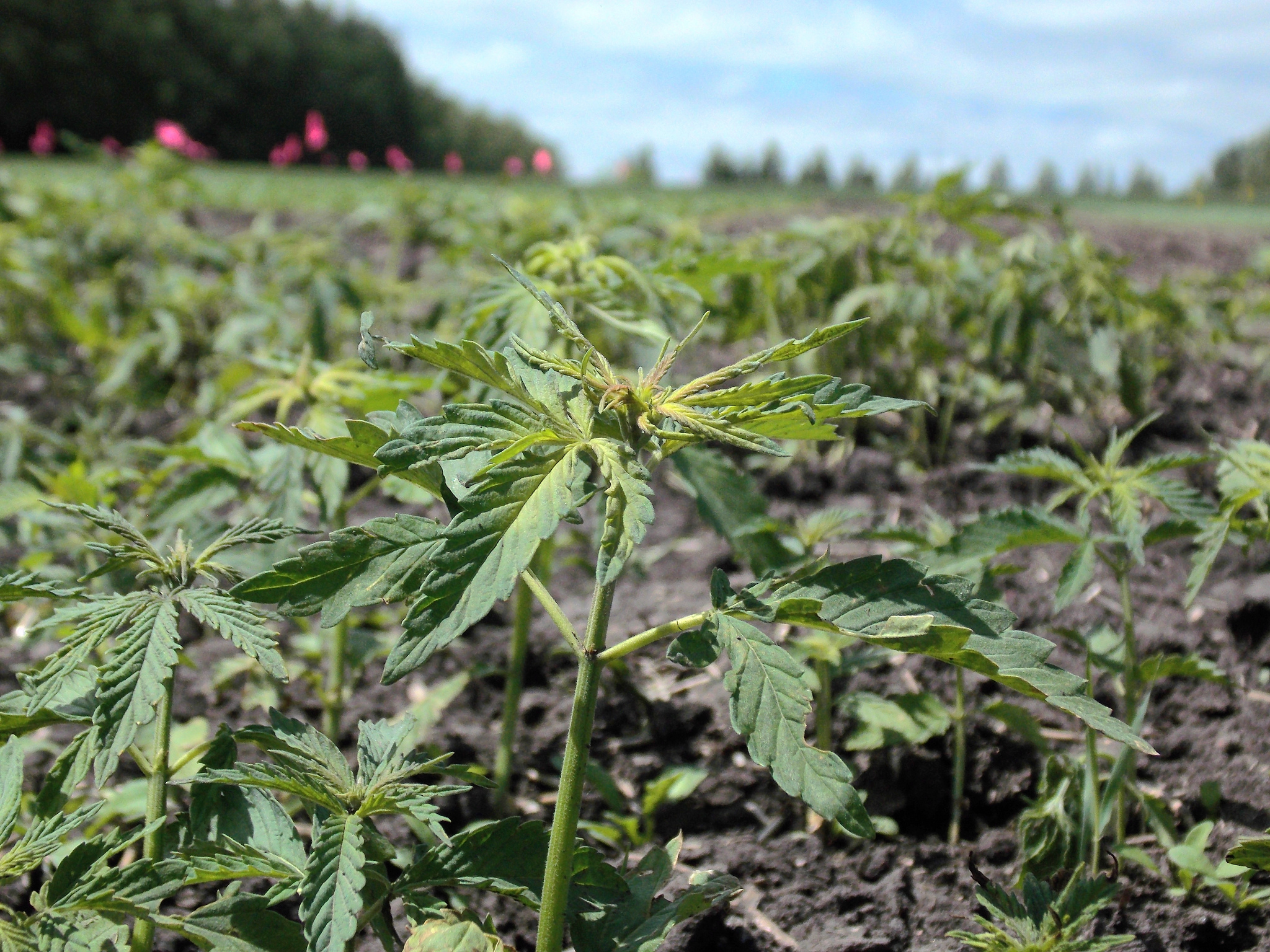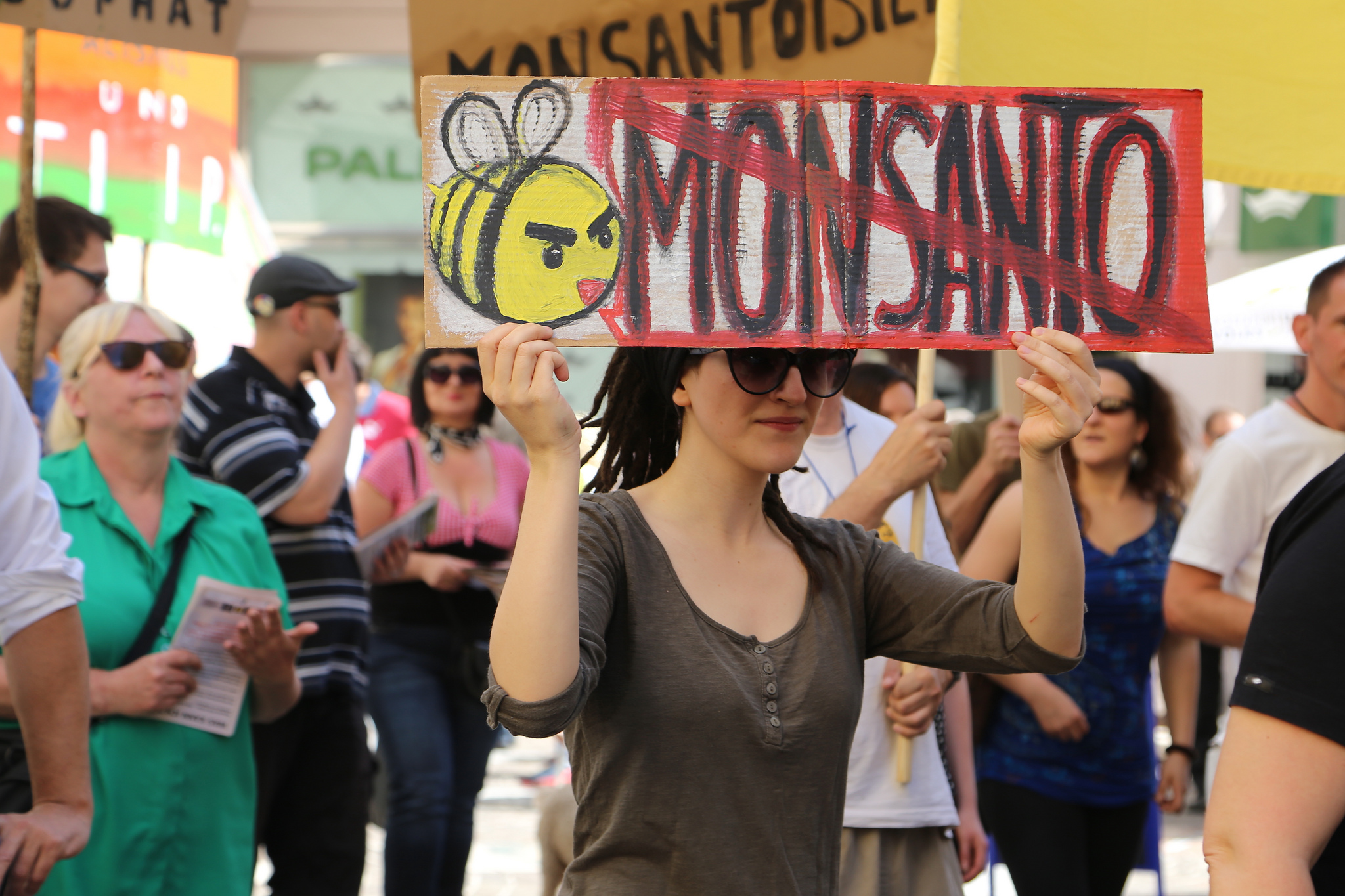A new bill before Congress could remove the last barriers to hemp growing in the United States, but only if legislators remove harmful provisions that prevent it from being a complete solution to hemp’s legal troubles.
In 2014, new legislation once again allowed the states to grow hemp for research purposes after decades of prohibition. Unfortunately, that law still leaves room for government agencies to threaten hemp growers and vendors, and falls far short of total legalization.
Industry advocates have spent years lobbying Congress for a bill which would completely legalize industrial hemp and remove it from Drug Enforcement Agency oversight and interference. Though deeply flawed In its current form, there’s hope that the Industrial Hemp Farming Act, currently making its way through Congress, could be an important step in that direction.





